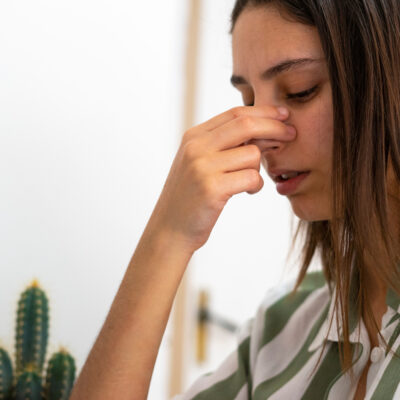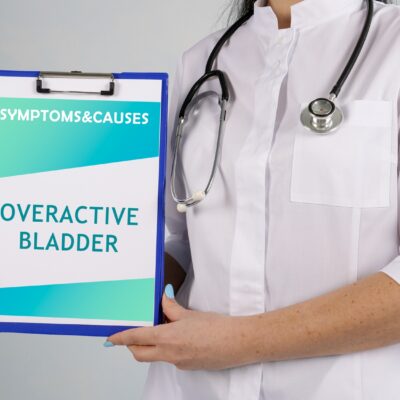
Health
Early Symptoms and Main Cause of Ankylosing Spondylitis
Ankylosing Spondylitis (AS) is a type of arthritis that causes inflammation in the joints and ligaments of the spine causing stiffness and making it harder to bend. The presence of the HLA-B27 gene increases the risk of developing AS as well as environmental factors such as exposure to certain infections, toxins, and pollutants; joint injuries; changes in the colon’s bacteria; and bowel inflammation. There are many medications that can treat AS such as Upadacitinib, Cimzia, Xeljanz, Stelara, Enbrel, Simponi, and Infliximab. Here are the early warning signs of ankylosing spondylitis that you should watch out for: 1. Back pain The back pain caused by ankylosing spondylitis is often described as an ongoing, dull pain that feels like it’s coming from deep within the patient’s lower back or buttocks. This is because of the inflammation caused by AS. For relief, doctors recommend painkillers and non-steroidal anti-inflammatory drugs (NSAIDs) such as ibuprofen. 2. Stiffness Another early warning sign to look out for in those with ankylosing spondylitis is stiffness. The inflammation caused by AS can affect the pelvis, shoulders, hips and knees, and between the spine and ribs. Stiffness can be expected in these areas, especially in joints like the knees and in the spine.
Read More 















